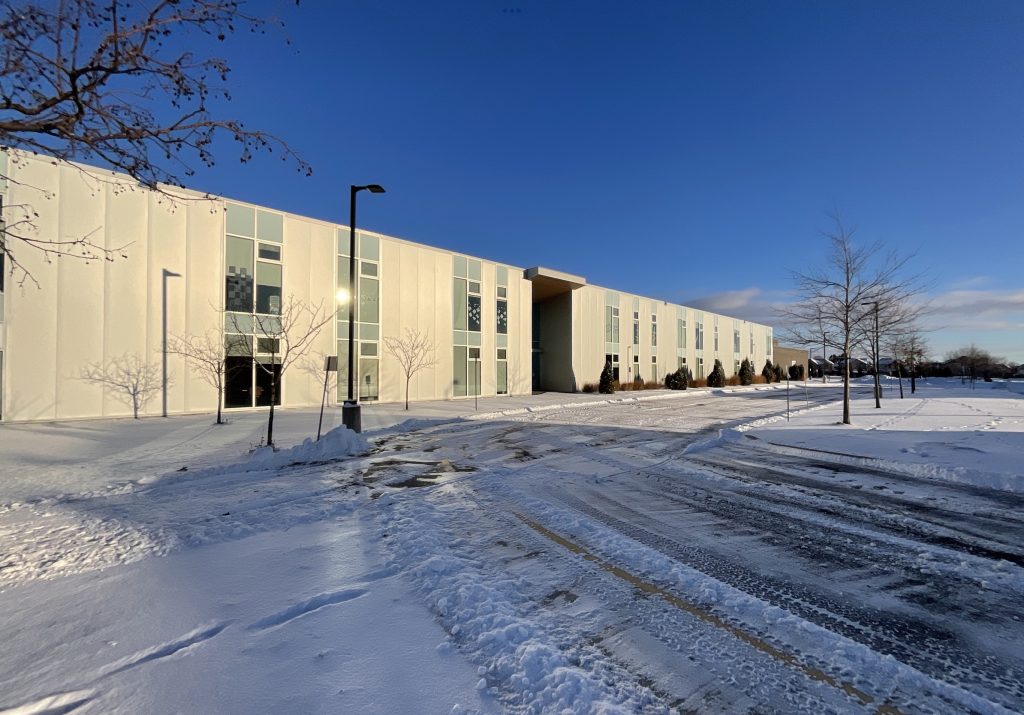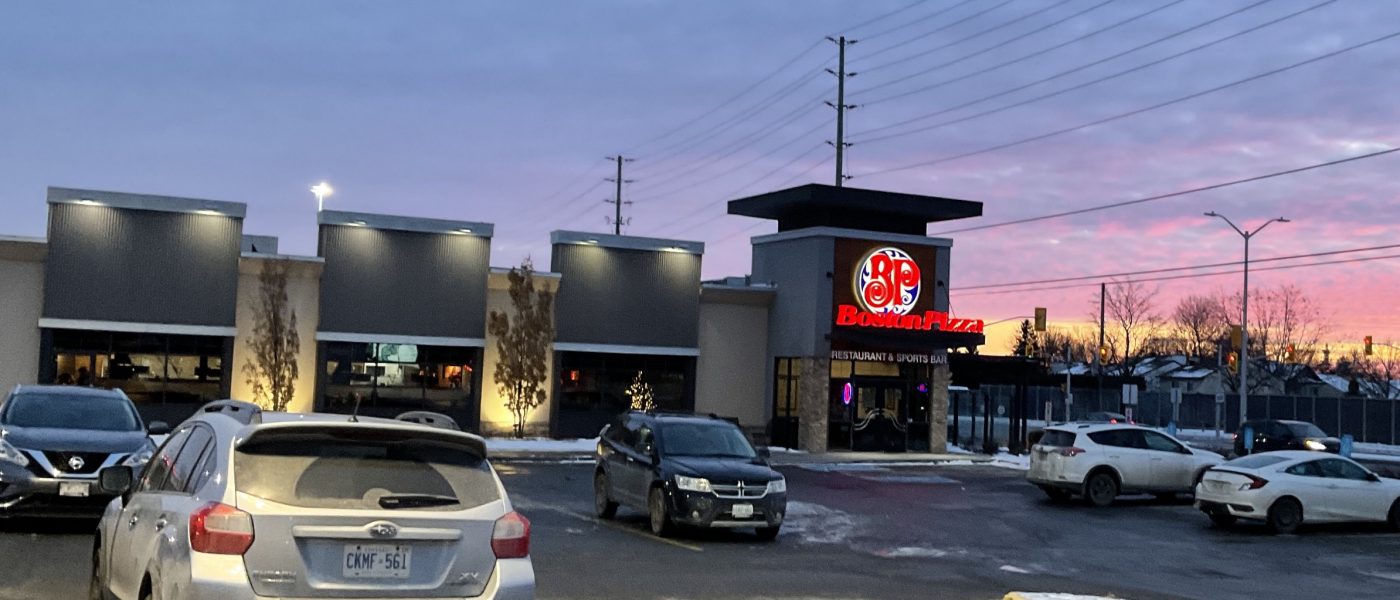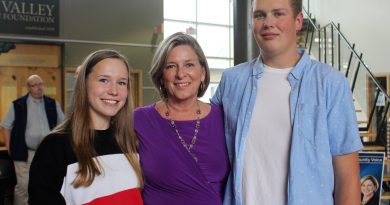Ontario Closes Schools, Gyms, And Other Settings; Puts Capacity Limits on Retail to Deal With COVID-19 Surge
By Charlie Senack, Barrhaven Independent
To deal with the rising rate of new COVID-19 infections, the Ontario government has announced a new round of restrictions in the battle to fight this ongoing pandemic.
On Monday morning, Ontario Premier Doug Ford was joined by health minister Christine Elliott, education minister Stephen Lecce, and the provinces chief medical officer Dr. Kieran Moore. They announced a “modified stage 2 plan” which aims to lower case counts.
Restaurants will close for indoor dining, but can operate through delivery and takeout services. Outdoor dining is also allowed. Gyms will be forced to shut their doors along with gaming establishments, museums, arenas, movie theatres, indoor concert venues, meeting/events centres and landmarks.
Retail will be capped at 50 per cent capacity, including in malls, along with personal care settings.
Social gatherings will be capped at five people indoors and 10 outdoors.
Capacity limits at weddings, funerals, and religious services, will also be capped at 50 per cent capacity.
The measures will come into effect on Wednesday and last at least 21 days.
Schools to Stay Closed
Also after much back and forth, the province has decided to delay the return to in-person learning by two weeks, following suit of many other provinces. Schools are now slated to re-open on Jan. 17.
It comes after the government announced just days ago that schools were safe to reopen, and delayed the return by two days.
“It’s case counts right off the hop,” Ford said on his change of tune. “And I’ll just put that into perspective for people: the report I was told is that we could see hundreds of thousands of cases — let’s be conservative and say 100,000 or 200,000 — that’s a day. That’s 1,000 to 2,000 people showing up to hospitals. That’s not sustainable.
The premier also noted they want to protect students and education workers.

Premier Ford said Ontario is being faced with a “tsunami” of COVID-19 infections, thanks to the highly contagious Omicron variant. Roughly one per cent of people who catch this variant will land in hospital, and “hundreds of thousands of cases’” could be reported daily.
These new measures will be temporary and “time limited”, with the government hoping they can be lifted as soon as possible. Cases are expected to peak in late January, and they are hoping to have a better idea then where the trends are going.
Because of the impact on the healthcare system, non-urgent surgeries will also be cancelled for the next three weeks. It’s a move the government said they would never do again, but health minister Christine Elliott said they need the beds and staff.
Ontario’s chief medical officer, Dr. Kieran Moore, says these measures are being implemented to soften the blunt of Omicron — not to stop it — a change from previous waves.
“The intervention of public health measures is deemed to be short-term to blunt the impact on the healthcare system, and it’s different than what we put in place at other times during this pandemic, when we tried to totally decrease the case count and get us through the whole three of four months of the threat of the various variants that have been reported in Ontario,” he said. “That is not the purpose of these public health measures: we are not going to be able to stop it. We will have to blunt it as best as we can through the sacrifices of Ontarians, and at the same time maintain all essential services.”
The government did not discuss how they will use this time to keep schools safer, and what additional guidelines could be coming. Last week it was announced that staff would be equipped with non-fitted N-95 masks and additional HEPA filters would be provided.
On Jan. 3, Ontario recorded 13,573 new COVID-19 infections, 968 of which were in Ottawa. While the numbers are lower than what’s been reported in recent days, changes to testing guidelines mean many who are showing symptoms can’t get a test. The numbers are expected to be much higher in reality.
Ford ended with a hopeful message for Ontarians, but one that many says came too late.
“I can assure you that we will get through this. We will come out of this battle we are facing with Omicron, we will come out stronger than ever before, and we will get back to life as normal as quickly as possible,” Ford told the province. “I want to thank each and every one of you, the front line healthcare workers, and everyone else involved across the province. It’s truly team Ontario… it’s the Ontario spirit.”






